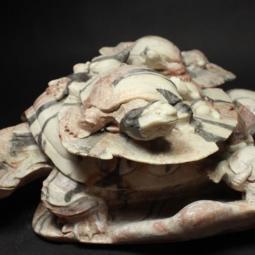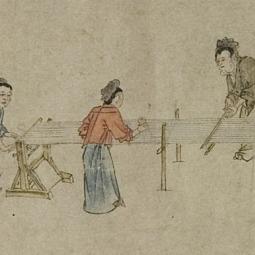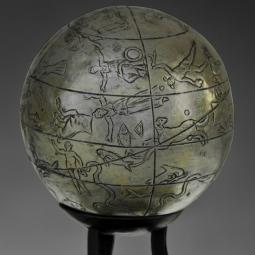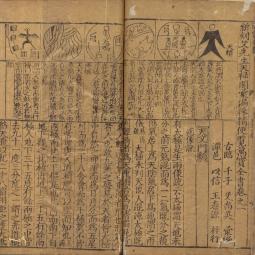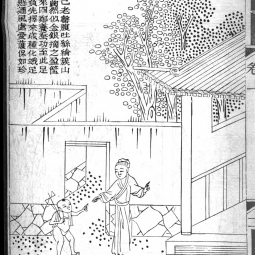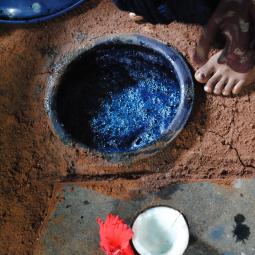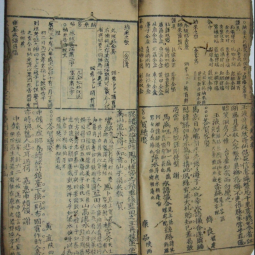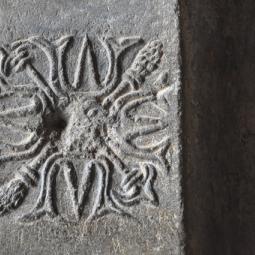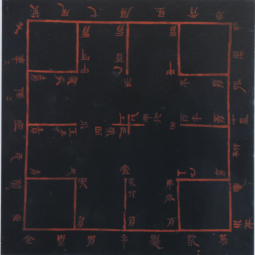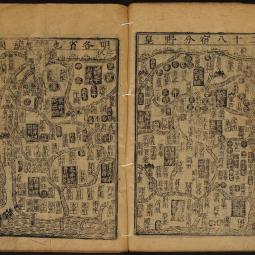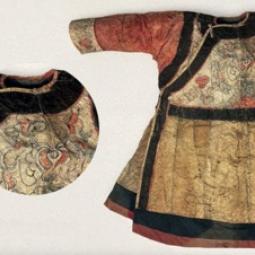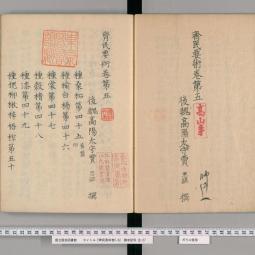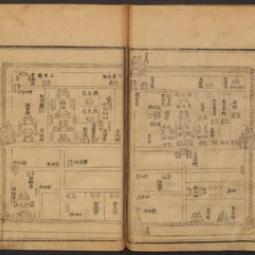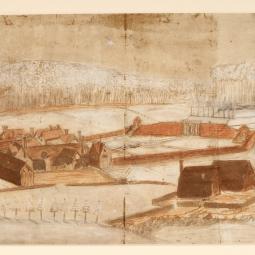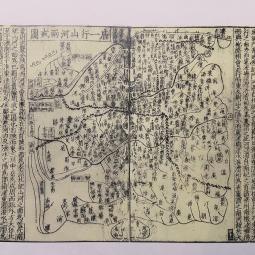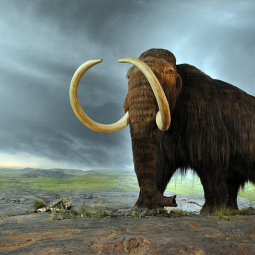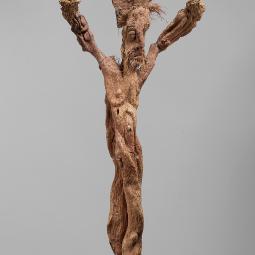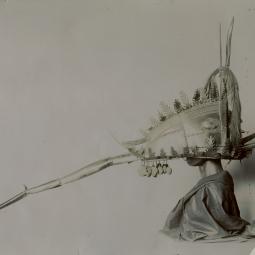Our research unveils mechanisms of power, movements, and claims of ownership in scientific and technical change by recognizing three key facets of knowledge: material artifacts, social action, and formalized epistemic expressions.
- Material (Artifacts) a focus on the material basis for ordering—how order is derived from “things,” and how ordering is synonymous with making things.
- Social (Action), highlighting ordinary knowledge(s) and practices used in organizing and systematizing our world.
- Epistemic (Knowledge), closely looks at the “work” of ordering—how one system of order is imposed over another—as a process that constitute the work of knowledge.
We investigate these facets through thematic working groups (see below) that allow scholars to dynamically collaborate across regions and field specializations.
Certain working groups approach critical historical engagement through Source-Based Initiatives—quantitative research methods for analyzing digitized primary sources –– allow the examination of sources on a massive scale to reveal clues about their underlying knowledge structures.
In addition, the Department hosts externally funded working groups whose research complements existing interests and activities at the Institute, as well as the "First Research Article" fellowship program.




